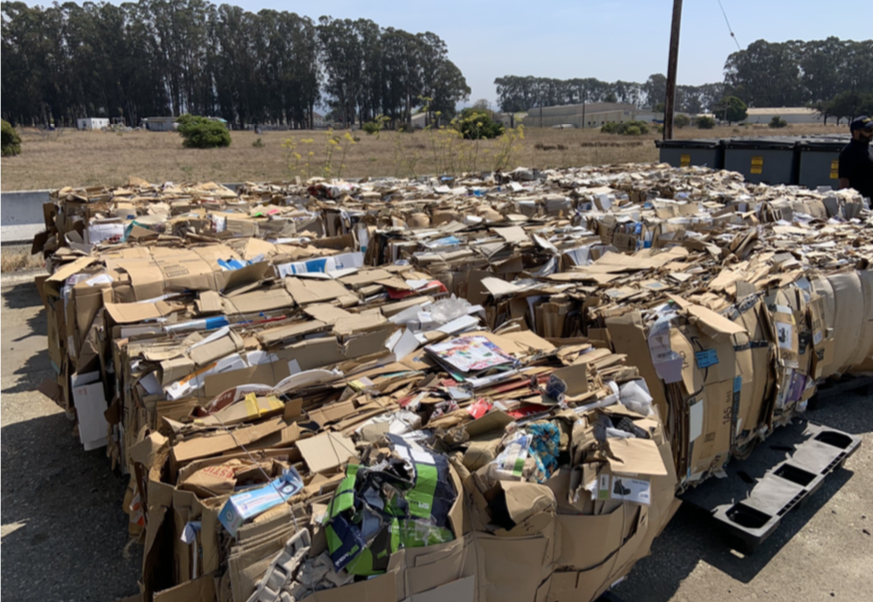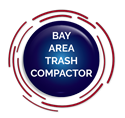
How a Baler Improves Waste Diversion
A baler is an important tool for improving waste diversion. By mechanically compressing recyclable materials into uniform bales, a baler helps make the recycling process more efficient and easier to manage. This diverts would-be waste from landfills and can lead to significant savings in terms of waste hauling costs. If you’re looking for a way to improve your business’ environmental footprint, investing in a baler is a great place to start! How a Baler Improves Waste Diversion?
What is Waste Diversion?
Waste diversion is the process of diverting waste from landfills and incinerators through recycling and source reduction activities. In other words, it’s the practice of preventing waste from ending up in our environment.
There are a variety of ways to divert waste, but one of the most common is through recycling. When you recycle materials, you’re breaking them down into their component parts so they can be reused in new products. This takes less energy and resources than creating these materials from scratch, which is why recycling is such an important part of waste diversion.
How a Baler Improves Waste Diversion
Balers have an important role to play in the process of improving waste diversion. By mechanically compressing recyclable materials into uniform bales, balers help make the recycling process smooth and simple. There are a few key ways that balers can improve waste diversion:
- Baled materials are easier to transport and store than loose recyclables. This can lead to significant savings in terms of transportation and storage costs.
- When recyclable materials are baled, they take up less space in the waste stream. This makes it easier for recycling facilities to process them, which leads to higher recycling rates.
- Baled materials are more likely to be recycled than loose recyclables. This is because it’s easier for recycling facilities to process them and there’s less risk of contamination.
See how the College of Marin saved tens of thousands of dollars by investing in a baler and compactor.
What Materials Can be Baled?
Most recyclable materials can be baled, including cardboard, plastics, metals, and paper. However, the type of baler you need depends on the material you want to recycle.
There are two main types of balers: horizontal balers and vertical balers. Horizontal balers are best for recycling bulky items like cardboard, while vertical balers are better for recycling smaller items like plastics and metals.
If you’re not sure which type of baler is right for your business, contact a waste management company for advice. They’ll be able to help you find the right baler and recycle as many materials as possible.
Place Baler at the Point of Waste Generation
It’s important to place the baler at the point of waste generation. This means that recyclable materials should be collected and processed as close to where they are created as possible. This way, there is less of a chance that a mess of recyclables will build up and get thrown into the improper receptacle.
Reduce the time and work involved in waste management and recovery by separating recyclable materials at source, as you collect them. Providing clearly labeled containers for cardboard, plastics, bottles, cans and other recyclables ensures that you won’t have to sort through general garbage or identify recyclables when it’s time to pick up. If you operate a restaurant, hotel or store, consider providing divided collection bins so customers can dispose of food waste and recyclables separately.
Get More Bale for Your Buck
Recycling may be less expensive than general waste disposal and, in some cases, might even pay you money. Although costs vary, recycling facilities may pay up to $10 to $70 per bale for dry baled cardboard. It’s not only about packaging, either. The majority of volume waste products, such as cups and plates, are available in paper form. Paper compacts better than many other materials and allows you to stuff more into a bale. Choosing paper and card over other options helps you reduce waste from landfills while also increasing your profits via recycling.
Save Time and Space with a Baler
In addition to the financial benefits of baling recyclables, there are also environmental and logistical benefits. Balers can help reduce the amount of space waste takes up at a recycling facility, which means they can process more material in a shorter amount of time. This keeps areas trash-free and tidy. Baling recyclable materials also takes less time than manually breaking down boxes, and who likes to waste time?
Receive direct messages about fullness, bales produced, and troubleshooting straight from your baler.
Check out our Smart Approach Balers.
Most Landfill Waste is Recyclable
The EPA estimates that 75% of the American waste stream is recyclable, but we only recycle about 30% of it. Furthermore, only 68 percent of all paper and cardboard recycling actually winds up being recycled every year. That means there’s a lot of opportunity for businesses to improve their waste diversion rates by recycling more materials.
Interested in Improving Your Waste Diversion Efforts?
It’s not difficult to increase your recycling rates-simply begin by baling as many recyclables as possible. With the help of a waste management company, you can find the right baler for your business and start improving your diversion rate today.
Contact Us
To learn more about sustainable approaches to waste management and recycling, contact us at Bay Area Trash Compactor. For the past thirty seven years, we have supplied high-quality services to everyone from McDonald’s and Starwood Resorts to Kaiser Hospitals and Safeway. With our constantly growing range of products and our customer-oriented strategies, our services can save you time, energy, and money. Learn more by calling us at (833) 562-0665 or emailing [email protected].
